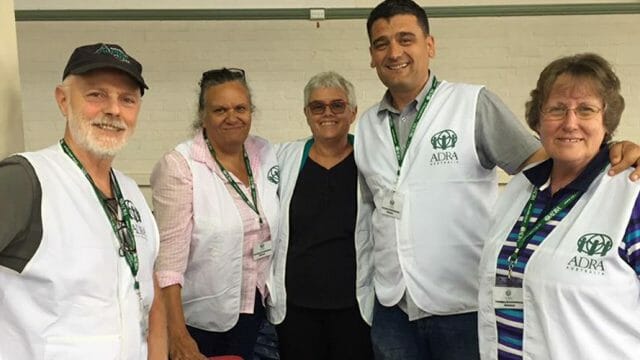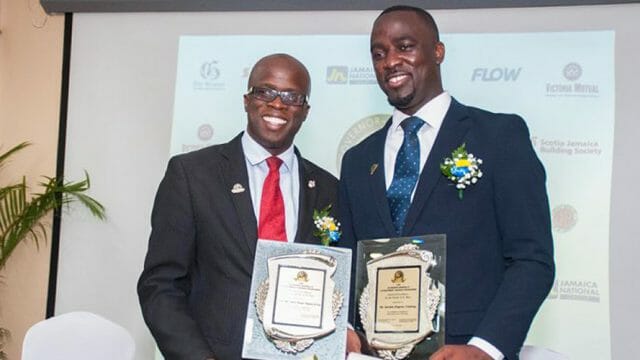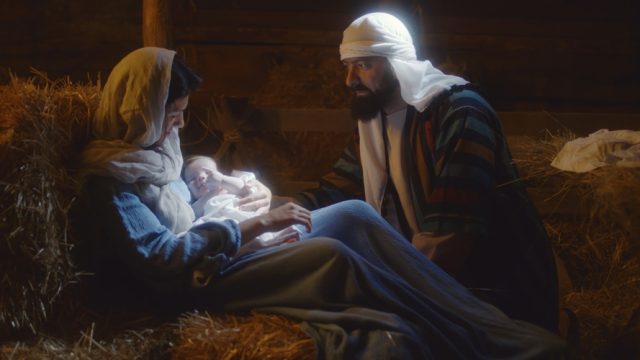Despite your wife’s illness, coming to grips with your ethical responsibilities is something you will need to do.

My wife was diagnosed with early onset Alzheimer’s disease in her early fifties, which has almost completely devastated our family. Our two sons were still teenagers when this happened, and I was in the middle of a thriving career as a corporate attorney. Everything has changed as my wife of 23 years has quickly lost the capacity to recognize our children and even me. Am I expected to behave as if I still have a wife, when for practical purposes she is no longer with us? I want to do what is right. But this has been a burden beyond what I could have imagined. I welcome your perspective.
We are very sorry to hear about your painful dilemma, and we can only imagine the disruption this reality has brought to your life and to that of your children. When a person has been fully engaged in your day-to-day life, and has been an integral part of your existence for many years (as in your case), the loss you shared is often described as an ambiguous loss.
An ambiguous loss is one that happens without closure or understanding. Invariably, one is left looking for illusive answers, often delaying and complicating the grief process, resulting in unresolved grief. Alzheimer’s disease is a classic example of ambiguous loss, since a loved one or family member is still physically present but cognitively declining, hence absent, because of the disease.
Ambiguous loss can be categorized as a physical or psychological loss. To be sure, the loss has to do with what one grieves for, the loss of the physical body or the loss of the psychological mind. This kind of loss often leads to personal questions, such as: Am I still married to my missing spouse? Am I still married to my spouse who is physically present, but psychologically absent and no longer remembers me?
Because the grief process in an ambiguous loss is arrested, it is more difficult to manage the emotions being felt, or move on to accept the type of loss one has suffered. Of course, different kinds of grief can take place, depending on the kind of ambiguity one has been subjected to; this requires a matching therapeutic technique to deal with the kind of grief you are experiencing. Generally, the object of therapy to address ambiguous loss is to rise above the trauma associated with the specific loss and rebuild resilience.
We recommend finding a reputable Christian counselor/therapist who can help you and your children process your grief based on your biblical worldview and values. Also, avoid following the opinions advanced on social media, where suggestions are often based on a secular worldview of self-gratification without considering sound ethical reasoning and responsibility.
Given that marriage, according to the Bible, is meant to be permanent, or until death separates you (see Mark 10:2-9; Rom. 7:2), despite your wife’s illness, coming to grips with your ethical responsibilities is something you will need to do. While your current situation is undoubtedly a difficult one, it is one for which you will need to trust God for hope and strength. We encourage you with these words: “Fear not, for I am with you; be not dismayed, for I am your God. I will strengthen you, yes, I will help you, I will uphold you with My righteous right hand” (Isa. 41:10).
Please make your current family reality a matter of daily prayer and ask for the prayer support of your spiritual family—the church, small group, or prayer warriors. Also, make the study of God’s Word part of your daily routine, especially finding the many promises God makes to those who trust Him. You are in our prayers.
Willie Oliver, Ph.D., CFLE,an ordained minister, pastoral counselor, and family sociologist, is director for the Department of Family Ministries at the world headquarters of the Seventh-day Adventist Church.
Elaine Oliver, MA, LGPC, CFLE, an educator, counseling psychologist, and clinical mental health counselor is associate director for the Department of Family Ministries. You may communicate with them at Family.Adventist.org or HopeTV.org/RealFamilyTalk.








